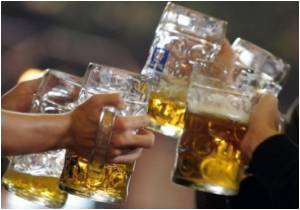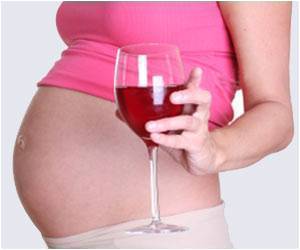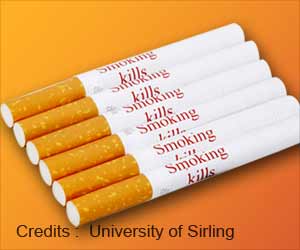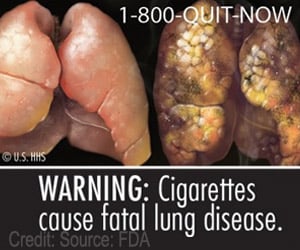In teenage girls, binge drinking can have a negative effect, says study.

Male teenage binge-drinkers also showed some differences in brain activity to their non-drinking counterparts, but less abnormality than was seen in the girls, the study says.
"This suggests that female teens may be particularly vulnerable to the negative effects of heavy alcohol use," Tapert said.
Alcohol could affect teen girls' brains more than it does their male counterparts' for a number of reasons, including that girls' brains develop one to two years earlier than males', said Tapert.
"So alcohol use during a different developmental stage -- despite the same age -- could account for the gender differences," she said.
Other reasons include hormonal differences between girls and boys, and girls' slower rates of metabolism, higher body fat ratios, and lower body weight.
Advertisement
Ninety-five teens took part in the study, including 40 who said they had binge-drunk.
Advertisement
They then underwent medical resonance imaging while carrying out a task that activated the parts of the brain responsible for spatial working memory, which allows a person to perceive the space around them and work with the information taken in from that space.
Impairment of spatial working memory could lead to difficulties driving -- Americans as young as 15 can get their driving license -- figural reasoning, such as that used in geometry class, remembering and enacting complex sports plays, using a map, or remembering how to get to places.
Previous studies have shown that spatial working memory is impaired through heavy drinking.
None of the teens who took part in the study had a drink problem. The ones who had binge-drunk did so at a social gathering but then did not drink again for weeks.
And yet, warned Edith Sullivan, a professor in the department of psychiatry and behavioral sciences at Stanford University School of Medicine, the negative effects of excessive drinking lingered long after the buzz from the booze was gone.
"Long after a young person -- middle school to college -- enjoys recovery from a hang-over, this study shows that risk to cognitive and brain functions endures," Sullivan said.
The study, which will be published in the October edition of "Alcoholism: Clinical and Experimental Research" and was available online Friday, says nearly three in 10 American teens in the final year of high school reported binge drinking in the past month.
Source-AFP














